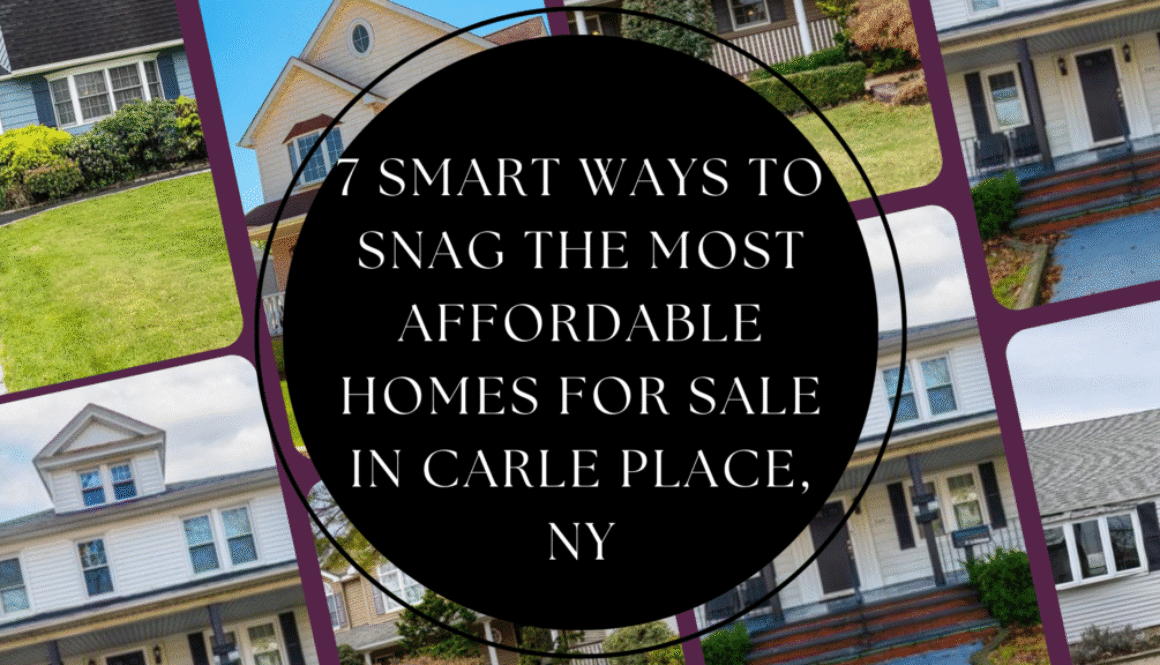The $50K Renovation Rule: 7 Home Improvements That Actually Skyrocket Nassau County Property Values
You’ve got $50,000 burning a hole in your pocket and dreams of boosting your Nassau County home’s value. But here’s the brutal truth: most homeowners waste thousands on renovations that add zero value to their properties. In fact, recent studies show that 68% of home improvements fail to recoup their full investment when it comes time to sell.
Nassau County’s unique real estate market demands strategic thinking when it comes to renovations. With median home prices exceeding $650,000 and property taxes among the nation’s highest, every improvement dollar must work overtime. The difference between smart renovations and costly mistakes can literally mean tens of thousands of dollars in your pocket – or down the drain.
The “$50K Renovation Rule” isn’t just about spending money; it’s about investing wisely in improvements that Nassau County buyers actually want and will pay premium prices to get. Whether you’re planning to sell next year or simply want to maximize your property’s long-term value, understanding which renovations deliver real returns can transform your financial future.
Understanding Nassau County’s Renovation Landscape
Nassau County homeowners face unique challenges that impact renovation ROI. Our aging housing stock, with many homes built between 1950-1980, often requires strategic updates to compete in today’s market. Additionally, strict building codes, high permit costs, and limited contractor availability can significantly impact project budgets and timelines.
However, these challenges also create opportunities. Homes that receive the right improvements often command premium prices because buyers recognize the value of move-in-ready properties in this competitive market. The key lies in understanding what Nassau County buyers prioritize and how local market conditions influence renovation returns.
The High-ROI Champions: Renovations That Pay Big
Kitchen Renovations: The $25,000-$40,000 Sweet Spot
Kitchen renovations consistently deliver the highest returns in Nassau County, but there’s a crucial catch: overspending kills your ROI. The most successful kitchen projects fall within the $25,000-$40,000 range and focus on:
- Quartz or granite countertops (expect 85-95% ROI)
- Stainless steel appliances with modern finishes
- Shaker-style cabinets with soft-close hardware
- Subway tile backsplashes with designer accents
- Under-cabinet LED lighting
Nassau County buyers expect updated kitchens, and homes with outdated galley kitchens or harvest gold appliances can sit on the market for months. Smart renovations in this category routinely return $30,000-$35,000 on a $40,000 investment.
Bathroom Modernization: Small Spaces, Big Returns
Bathroom renovations offer exceptional ROI when executed correctly. Nassau County’s older homes often feature tiny, outdated bathrooms that feel cramped and inefficient. Strategic improvements include:
- Converting tub-shower combos to walk-in showers (90-100% ROI)
- Installing double vanities where space permits
- Adding heated floors for luxury appeal
- Upgrading to water-efficient fixtures
- Improving lighting and ventilation
A well-executed bathroom renovation costing $15,000-$25,000 can add $20,000-$30,000 to your home’s value while making daily life more enjoyable.
Basement Finishing: Nassau County’s Secret Weapon
Many Nassau County homes feature unfinished basements that represent untapped potential. Professional basement finishing can add significant living space and value:
- Legal bedroom additions (requires proper egress)
- Home offices or recreation rooms
- Additional bathroom installations
- Proper moisture control and insulation
A $20,000-$30,000 basement finishing project can add $35,000-$50,000 in value by effectively increasing your home’s livable square footage.
HVAC System Upgrades: The Invisible Value-Add
Nassau County’s extreme seasonal temperature swings make efficient heating and cooling systems essential. Modern HVAC improvements deliver substantial returns:
- High-efficiency furnaces and central air systems
- Smart thermostats and zoned heating
- Improved ductwork and insulation
- Energy-efficient windows and doors
While these improvements might not wow potential buyers visually, they address practical concerns about comfort and energy costs that influence purchase decisions.
The Renovation Traps: Expensive Mistakes to Avoid
Swimming Pools: The $50,000 Mistake
Despite Nassau County’s summer appeal, swimming pools rarely add proportional value to properties. A $50,000 pool installation typically adds only $15,000-$25,000 in value while creating ongoing maintenance obligations that many buyers view negatively.
Over-the-Top Master Suites
While master bedroom improvements can add value, spending $40,000+ on luxury additions often yields poor returns. Nassau County buyers prefer functional improvements over extravagant features that push total home values beyond neighborhood norms.
Elaborate Landscaping Projects
Professional landscaping enhances curb appeal, but expensive hardscaping, elaborate water features, or high-maintenance gardens rarely recoup their costs. Focus on clean, low-maintenance designs that highlight your home’s architectural features.
Frequently Asked Questions About Nassau County Renovation ROI
Q: How do Nassau County’s high property taxes affect renovation decisions? A: Property tax implications are crucial. Major renovations that significantly increase your home’s assessed value will result in higher annual tax bills. Factor these ongoing costs into your ROI calculations, as they can impact long-term financial benefits.
Q: Should I get permits for all renovation work? A: Absolutely. Nassau County building departments are strict about permit requirements, and unpermitted work can create serious problems during home sales. Buyers’ attorneys often require permits for major improvements, and insurance companies may deny claims for unpermitted work.
Q: What’s the best renovation strategy if I’m planning to sell within two years? A: Focus on cosmetic improvements with immediate visual impact: fresh paint, updated fixtures, refinished floors, and minor kitchen/bathroom updates. Avoid major structural projects that may not recoup costs quickly.
Q: How do I choose contractors for Nassau County projects? A: Verify licensing, insurance, and local references. Nassau County’s competitive contractor market means prices vary widely. Get multiple quotes, but don’t automatically choose the lowest bid – quality work costs more upfront but delivers better long-term returns.
Q: Are energy-efficient improvements worth the investment? A: Yes, especially given Long Island’s high utility costs. Energy-efficient improvements often qualify for rebates and tax credits while appealing to environmentally conscious buyers. Focus on improvements that provide immediate comfort benefits alongside long-term savings.
The Smart Money Strategy: Maximizing Your $50K Budget
The most successful Nassau County renovations follow a strategic approach that balances immediate impact with long-term value. Here’s how to maximize your investment:
Phase Your Projects Wisely
Rather than attempting one massive renovation, consider phasing improvements over time. This approach allows you to:
- Spread costs across multiple budget cycles
- Learn from each project to improve subsequent decisions
- Respond to changing market conditions
- Avoid renovation fatigue and decision overload
Focus on Functional Improvements First
Address fundamental issues before cosmetic upgrades. Roof repairs, electrical updates, and plumbing improvements might not excite buyers, but they prevent deal-breaking inspection issues that can derail sales.
Choose Timeless Over Trendy
Nassau County’s diverse architectural styles favor classic design choices over bold trends. Neutral color palettes, quality materials, and traditional layouts appeal to broader buyer pools and maintain value longer.
Working with Nassau County Real Estate Professionals
Understanding renovation ROI requires deep knowledge of local market conditions, buyer preferences, and neighborhood trends. Successful homeowners partner with experienced real estate professionals who can provide valuable insights about which improvements matter most in specific Nassau County communities.
Different neighborhoods prioritize different features. Great Neck buyers might value luxury finishes, while Levittown purchasers focus on functional improvements and energy efficiency. Understanding these nuances can dramatically impact your renovation success.
Conclusion
The $50K Renovation Rule isn’t about spending exactly $50,000 – it’s about making strategic investment decisions that maximize your property’s value in Nassau County’s competitive market. Smart renovations can add substantial value while improving your daily quality of life, but poor choices can waste money and actually hurt your home’s marketability.
Success requires understanding local market dynamics, buyer preferences, and the unique challenges of renovating in Nassau County. By focusing on high-ROI improvements like kitchen updates, bathroom modernization, and basement finishing while avoiding common pitfalls like expensive pools or over-the-top luxury additions, you can make renovation decisions that pay dividends for years to come.
Remember, the best renovation strategy depends on your specific situation, timeline, and goals. Whether you’re preparing to sell or planning to stay long-term, professional guidance can help you navigate Nassau County’s complex renovation landscape and maximize your investment returns.
For expert advice on which renovations will add the most value to your specific Nassau County property, contact Greg Berkowitz at his cell phone or visit the contact us page on bhhsli.com. With deep local market knowledge and proven track record of helping homeowners maximize their property values, Greg can provide personalized recommendations that align with your goals and budget.
Explore our home improvement financing options or browse our recently renovated listings to see how smart improvements translate into market success.









